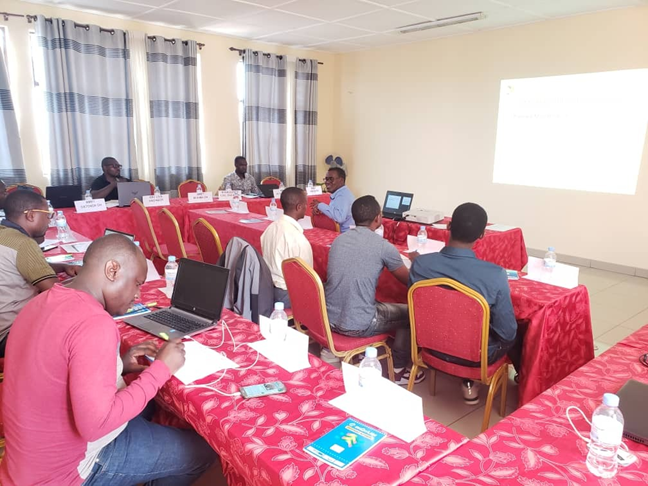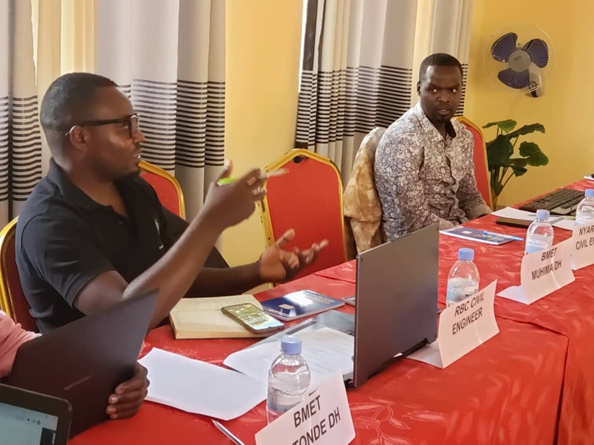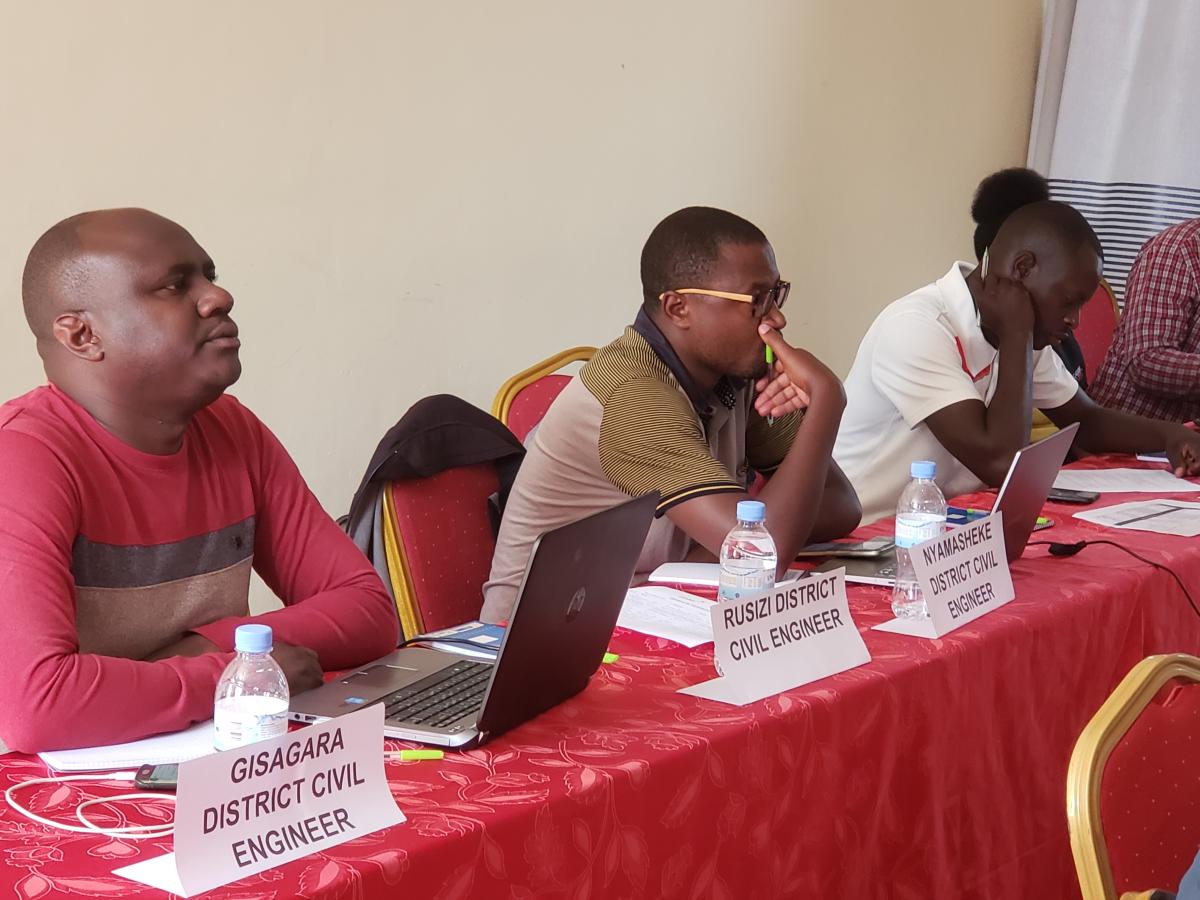Rwanda: Hospital Biomedical Engineers trained for better management of health infrastructure
Enabel’s Barame
project, in collaboration with Rwanda Biomedical Center (RBC) through its
Medical Technology Division (MTD) and the Maternal, Child, and Community Health
Division (MCCH), organized a training workshop, from 13-17 February 2023, on
the maintenance of infrastructures in health facilities.
The five-day workshop
session held in Muhanga district, brought together infrastructure engineers and
biomedical technicians from 16 hospitals from seven districts of intervention
of Barame project.
They had an interactive and sharing experience on properly
managing infrastructures and equipment under their daily responsibilities.
According to the
participants, the technical teams intervened in medical infrastructure only on
call, resulting in a stressful situation for the technician as well as the
hospital medical staff. It was also not easy for the biomedical technicians to
be able to provide the required support that could meet the hospital
accreditation processes, thus leading to poor qualifications of the health
infrastructure when it came to ranking.
Currently, there are
not enough civil engineers at the district level responsible for all
infrastructure, including health. In many situations, they are overloaded; their
efforts mainly focus on preparing the terms of reference for various infrastructures,
supervising construction works, and proceeding to acceptance when construction
is complete. The infrastructure engineer's time is limited and does not allow them
to follow up on the maintenance of existing infrastructure.
Biomedical technicians
were identified to backstop district infrastructure engineers purposely to
avoid delays in making the health facility a conducive environment for patients.
Having limited infrastructure skills, it was worth building their capacity and
transferring some skills and knowledge on maintenance management. During this
workshop, it was an opportunity to leverage participants on what is critical
for health infrastructure maintenance, including preventive maintenance and inherent
risks of losses when not done.
As result of the
training, participants increased the feeling of ownership of health facility
maintenance and collaboration. They created a communication platform and
different reporting templates to help with quick intervention and appropriate
management.
A clear plan and a
framework contract in place will alleviate the burden on Biomedical and
infrastructure engineering staff from urgent calls for maintenance, which used
to compromise their capacity to deliver the best service at the right time.
The biomedical
engineer, whose time is split into equipment maintenance and infrastructure,
will now be able to allocate her/his time for both services while waiting for hospitals
to recruit a permanent infrastructure officer, where needed, to take full
responsibility.
Laatste nieuws van dit project
Geen nieuws



